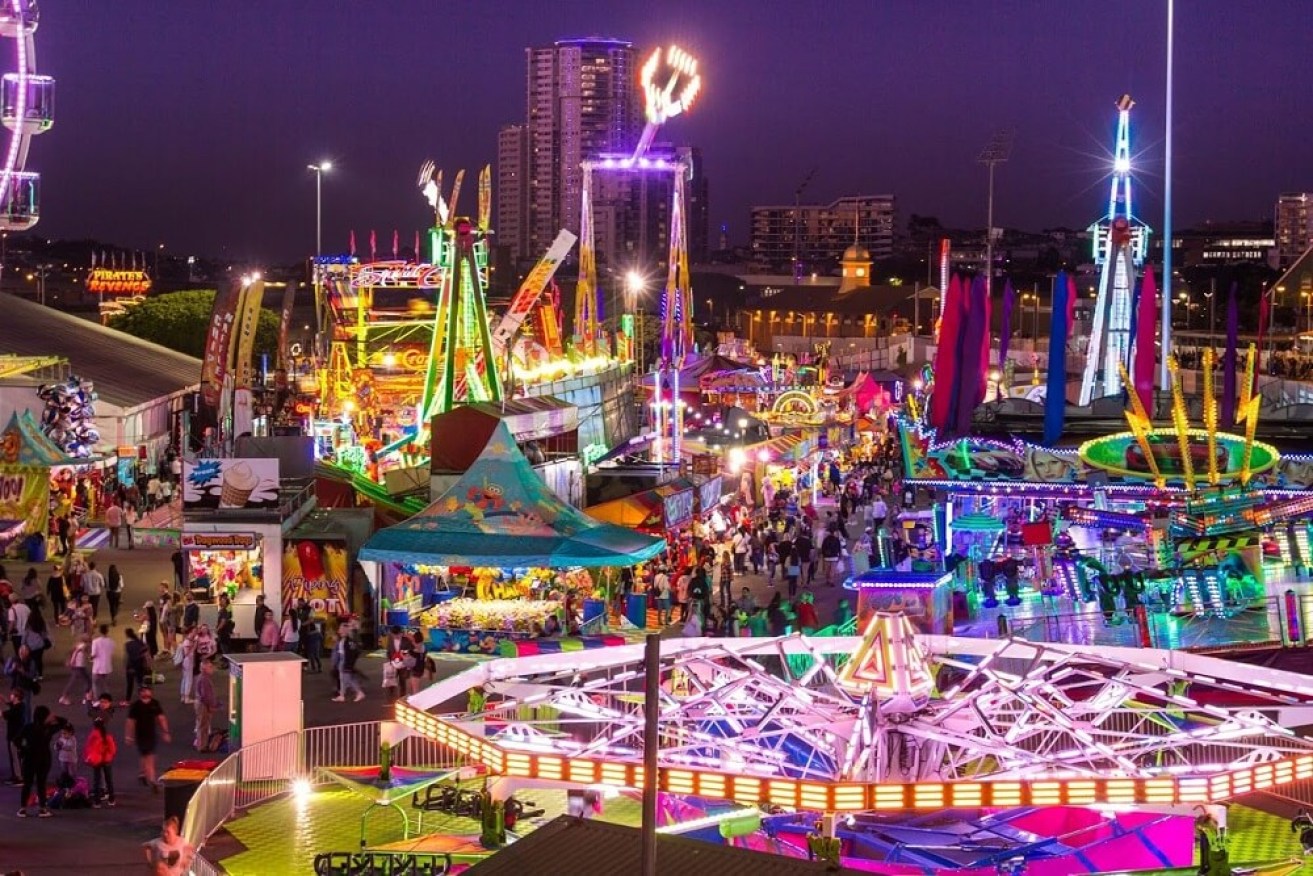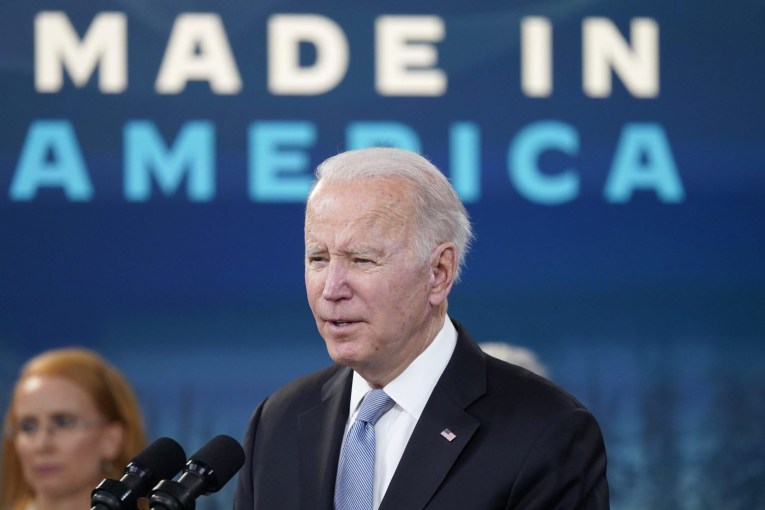Show stopper: Amusement ride operators face ruin over liability insurance
A crisis in public liability cover is threatening to wipe-out nearly 80 per cent of Australia’s show operators by October, putting events large and small at serious risk of closure.


Shows and exhibitions, including Brisbane's Ekka, are under pressure because of changes fo public liability insurance (Photo: RACQ)
Showmen’s Guild of Australasia president Aaron Pink says he has enough public liability cover to last until December.
“After that the only option I have to keep paying the bills is driving trucks,” he said.
“But even that’s an industry with its problems at the moment due to Covid.”
Brisbane-based Pink, who operates five amusement rides and leads an organisation of 1047 members nationally, was in Newcastle when he spoke with InQueensland, taking refuge from Sydney’s city-wide lockdown.
“I should have been working the Winter Festival in Sydney but that got cancelled after we’d already made the trip down,” he said.
“For anyone in the entertainment industry, it’s just been the most horrible run for almost two years.
“It started with the bushfires over Christmas in 2019, then we went into Covid, which is still disrupting things, and now we can’t get public liability insurance.
“If things don’t change fast, I reckon 80 per cent of my members won’t be able to work by October.”
The insurance cloud is hanging over 129 Queensland agricultural shows, including Brisbane’s Ekka, which announced its comeback last month after being cancelled last year for the only the third time in its 104-year history.
But Pink and his colleagues, plus thousands of others who operate rides and amusements in the entertainment, tourism and leisure industries, are not the victims of bad luck or unfortunate happenstance.
Increased frequency of natural disasters, coupled with ongoing uncertainty due to Covid induced lockdowns are forcing insurance companies the world over to walk away from the leisure sector, say insurance experts contacted by InQueensland.
High profile disasters that have ended in fatalities, such as the Dreamworld tragedy of 2016 that claimed four lives on an amusement ride, are also causing risk-averse insurers to shun the leisure sector, according to Tenille Vassie, the memberships manager of Queensland’s Agricultural Show Association.
Vassie said the challenge was particularly acute in Queensland, which introduced industrial manslaughter legislation in 2017 in the wake of the Dreamworld disaster.
“The Dreamworld saga continues to have a bearing on the whole industry,” she said.
“You can’t have something as significant as that occur and it not have a ripple effect across the industry – not just shows and organisers of school fetes, but also large private ride operators working in tourism.”
A smaller pool of insurers means “they are able to name their price” on premiums, Vassie said, putting the cost of policies out of reach and limiting the options available to ride operators.
In Pink’s experience, he’s been unable to find an insurer who will be able underwrite his operation to the full $20 million in cover required by most Australian event organisers.
He says he has been able to secure $10 million in public liability cover from one insurer, which may cover him for one event in Adelaide.
“Otherwise, without that $20 million in cover you won’t even be able to get in the door,” he said.
Pink says the crisis will not be resolved without government intervention, reinforcing his organisation’s calls for a mutual fund, similar to a scheme that operates in New Zealand.
“If we had $5 million from the federal government to get us started that’s all we would need,” he said.
Pink’s advocacy has caught the attention of KAP Leader Robbie Katter, who said the public liability insurance sector in Australia was fast approaching total market failure, and would soon claim the much-loved country show as its first victim.
“The worst, but very likely, case scenario here is that this year’s shows will be the last of their kind,” he said.
“There is no use putting our head in the sand to only wake up next year and half of our events and numerous tourist operations are dead – we need State and Federal governments to act now.
“It’s an unacceptable state of affairs – not only are people’s livelihoods going to be wiped out but so is this much-loved traditional event that all Aussies love, and particularly so in rural and regional towns where it is often considered the event of the year.”
Katter said premiums rose 7.5 per cent last financial year, prompting his calls for a federal parliamentary inquiry and short-term action from the Palaszczuk Government to halve public liability cover to $10 million as an interim measure.
But he said, ultimately, the Federal Government needed to intervene in the sector to find a sustainable solution.
“We have known for some time that the public liability insurance sector in Australia was becoming a basket case, but this issue has truly reached breaking point now,” he said.









